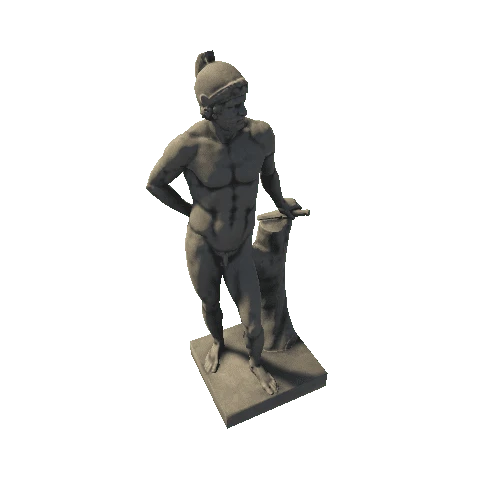Select or drop a image or 3D model here to search.
We support JPG, JPEG, PNG, GIF, WEBP, GLB, OBJ, STL, FBX. More formats will be added in the future.
Asset Overview
Ibn Sina (ابن سینا), commonly known as Avicenna in the West (/ˌævɪˈsɛnə, ˌɑːvɪ-/; c. 980 – June 1037), was a Persian[4][5][6][7] polymath who is regarded as one of the most significant physicians, astronomers, philosophers and writers of the Islamic Golden Age,[8] and the father of early modern medicine.[9][10][11] Sajjad H. Rizvi has called Avicenna "arguably the most influential philosopher of the pre-modern era".[12] He was a Muslim Peripatetic philosopher influenced by Greek Aristotelian philosophy. Of the 450 works he is believed to have written, around 240 have survived, including 150 on philosophy and 40 on medicine.[13]
His most famous works are The Book of Healing, a philosophical and scientific encyclopedia, and The Canon of Medicine, a medical encyclopedia[14][15][16] which became a standard medical text at many medieval universities[17] and remained in use as late as 1650.[18]


/Screenshots/uploads_files_2222341_SM_building_1 (14)_110.webp)
/Screenshots/uploads_files_2222341_SM_building_1 (15)_110.webp)














/Screenshots/Christmas tree(Mixed)_20.png)



/Screenshots/uploads_files_2222341_SM_building_1 (10)_110.webp)